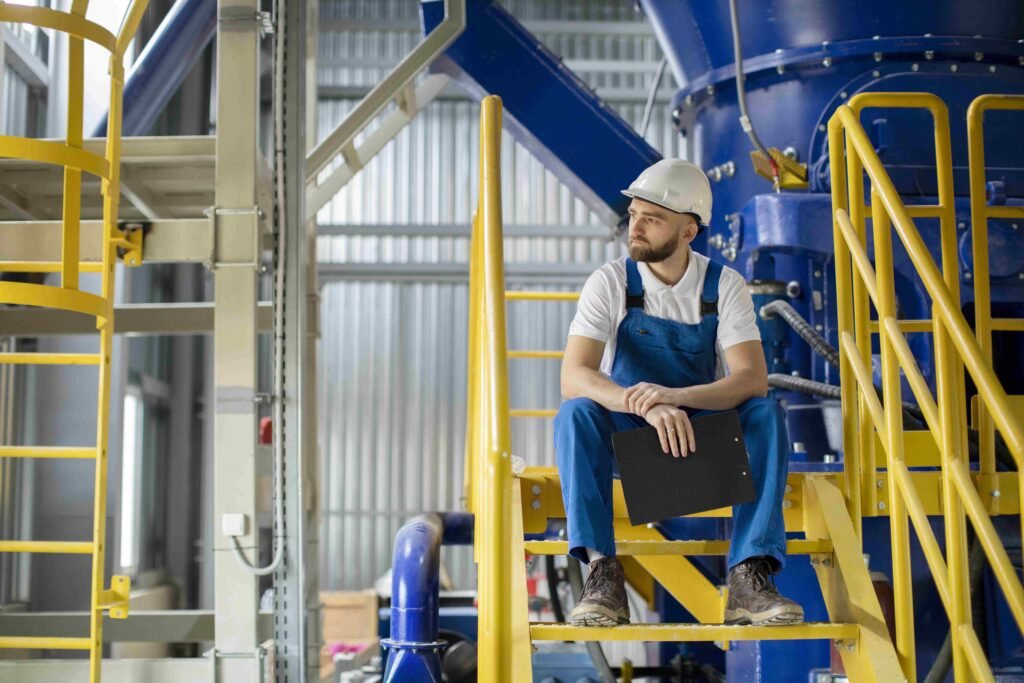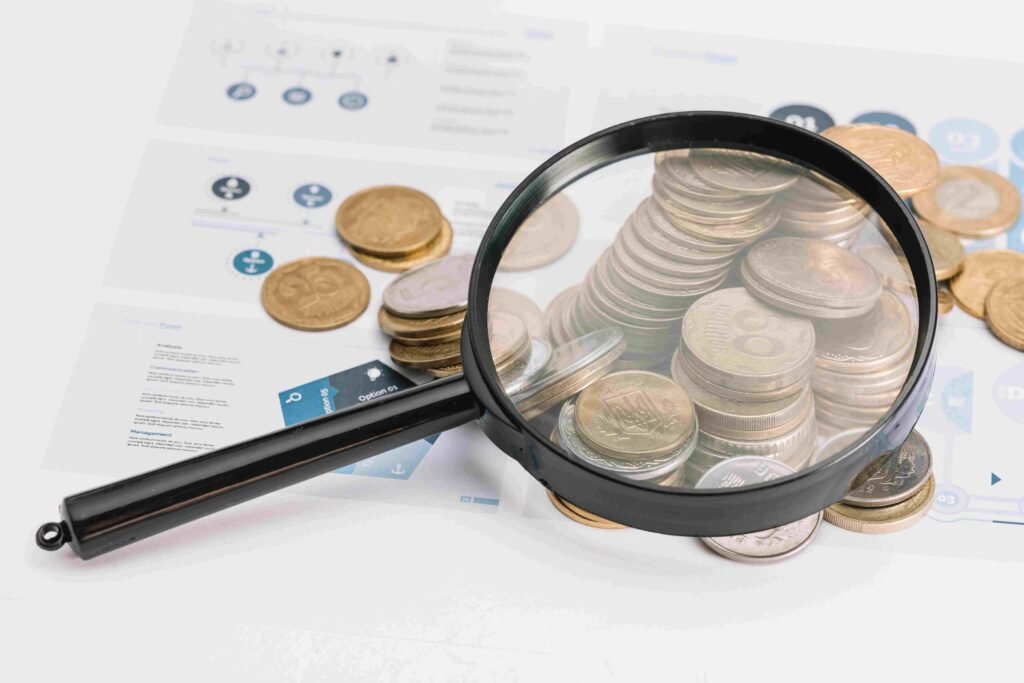The 2025 Dilemma: To Lease or To Buy?
As we move deeper into 2025, small business owners are facing a familiar but crucial decision: should you lease or buy your equipment and commercial space? With changing interest rates, evolving tax policies, and more financing options than ever, choosing the right path can make or break your budget.
This isn’t a one-size-fits-all situation. What works for a growing e‑commerce startup may not be the best move for a local bakery. Understanding the pros and cons—and what they mean for your cash flow—is key to making smart financial choices. Whether you’re eyeing your first delivery van or planning to expand into your own storefront, this guide is here to help you evaluate what’s best.
And if you’re still exploring how to fund your next move, start with our article on 7 Game-Changing Ways to Fund Your Business.
What Does Leasing Really Mean?
Leasing is like renting. Instead of buying a piece of equipment or real estate outright, you agree to make regular payments to use it over a set period. When the lease ends, you might return the item, renew the lease, or sometimes even buy it at a reduced price.
One big advantage of leasing is that you avoid the large upfront costs that come with buying. That means you can hold onto your cash for other priorities, like marketing or hiring. It’s also ideal for rapidly evolving industries—like tech or logistics—where equipment becomes outdated quickly.
Looking for funding with flexibility? Our post on E‑Commerce Cash Flow Hacks offers insights on how to keep your business nimble.
The Case for Buying: Ownership Has Perks
Buying, on the other hand, means you’re investing in a long-term asset. You pay more upfront, but that equipment or space becomes yours—something you can depreciate, sell, or leverage for future loans.
Ownership gives you more control. No restrictions on usage, no lease renewal negotiations, and you can customize the asset however you want. Over time, the cost can be lower than leasing, especially if the asset has a long useful life. When real estate is involved, purchasing can also build equity.
Comparing Costs: Lease vs. Buy Side by Side
To really understand the financial impact, let’s break it down with a simple table:
Factor | Leasing | Buying |
Upfront Cost | Low | High |
Monthly Payments | Fixed (lower) | Loan payments or lump sum |
Ownership | No | Yes |
Maintenance Responsibility | Sometimes included | Always yours |
Tax Benefits | Lease payments deductible | Depreciation + interest deductible |
Flexibility | High | Low (once committed) |
Asset Control | Limited | Full |
Still unsure which path aligns with your goals? Our guide to Unlocking Capital for Niche Small Businesses might offer just the clarity you need.
How Long Will You Use It?

The length of time you need the equipment or space plays a huge role in your decision. If it’s for a short-term project or temporary location, leasing probably makes more sense. But if it’s something your business will use for years, buying could be more cost-effective in the long run.
Also, think about wear and tear. Equipment like trucks or computers lose value quickly. Leasing protects you from being stuck with outdated gear. But if the asset holds its value or appreciates—like commercial property—buying could pay off.
For fast-growing companies, having the right strategy is key. See how businesses are comparing Marketplace Lending vs. Fintech Funding to make smarter, faster moves.
Business Loans & Leasing: A Flexible Combo
One reason many business owners prefer leasing is it frees up capital while still allowing access to top-tier equipment. Pairing leasing with business loans or a small business line of credit can give you both flexibility and control.
You might lease your equipment but take out a loan for working capital or leasehold improvements. This combination allows you to stretch your budget further while still investing in your business infrastructure.
If you’re in the market for tools that let you customize your financing, check out our post on Capital Strategies for Niche Businesses.
Best Equipment Financing: Lease or Loan?
The phrase “best equipment financing” means different things depending on your goals. If low upfront cost and flexibility matter most, leasing is usually better. But if you want equity and long-term savings, buying with financing may be smarter.
Today, many lenders offer lease-to-own options, giving businesses a hybrid path. You start with a lease and can choose to buy later—often at a fair market price or lower.
Not sure what your payments would be for equipment or space? Use our handy commercial mortgage calculator or loan estimator to get a clear picture.
Hidden Costs to Watch Out For
Leasing sometimes includes fees for excess usage, maintenance, or early termination. On the flip side, buying can surprise you with repairs, insurance, and depreciation that’s faster than expected.
Whatever you choose, make sure you read the fine print. Ask for a full cost breakdown, including taxes, interest, maintenance, and disposal costs. Only then can you compare apples to apples.
Cash flow management is crucial. For strategies to optimize cash flow and keep your budget healthy, explore our tips in the E‑Commerce Working Capital Guide.

Your Business Personality: Growth or Stability?
Are you a startup rapidly scaling and pivoting? Leasing might suit your evolving needs. Are you an established brand looking to invest for the long haul? Buying may be the better move.
Understanding your risk profile, future plans, and how quickly your industry changes will guide you. Leasing is often the smart choice for businesses in tech, fashion, or seasonal industries. Buying fits well in stable fields like healthcare, construction, or hospitality.
Either way, remember: your financing plan should support—not limit—your business vision.
Final Thoughts: Make the Smart Move for 2025
In 2025, your choices aren’t just about leasing vs. buying. They’re about creating a flexible, sustainable financing strategy. Both options have pros and cons—and both can be smart, depending on your goals.
So ask yourself: Do I need flexibility or ownership? How long will I use this asset? What does my cash flow allow? Whatever the answer, Millendeal is here to help you navigate all your funding options with confidence.
💼 Ready to build a strategy that fits your business? Let’s find the perfect financing mix—together.




